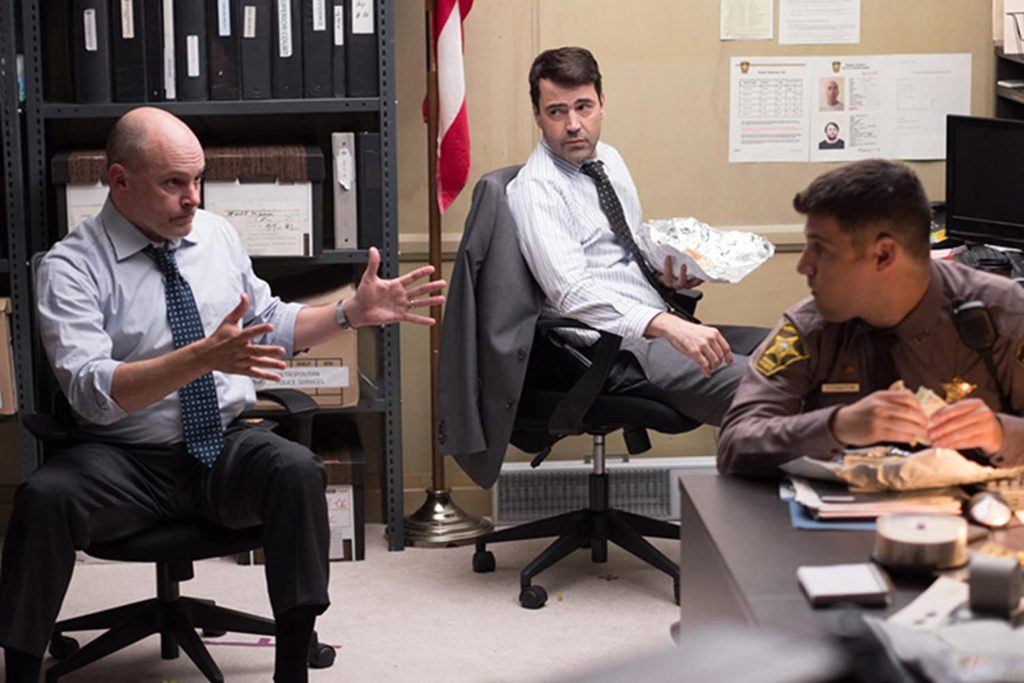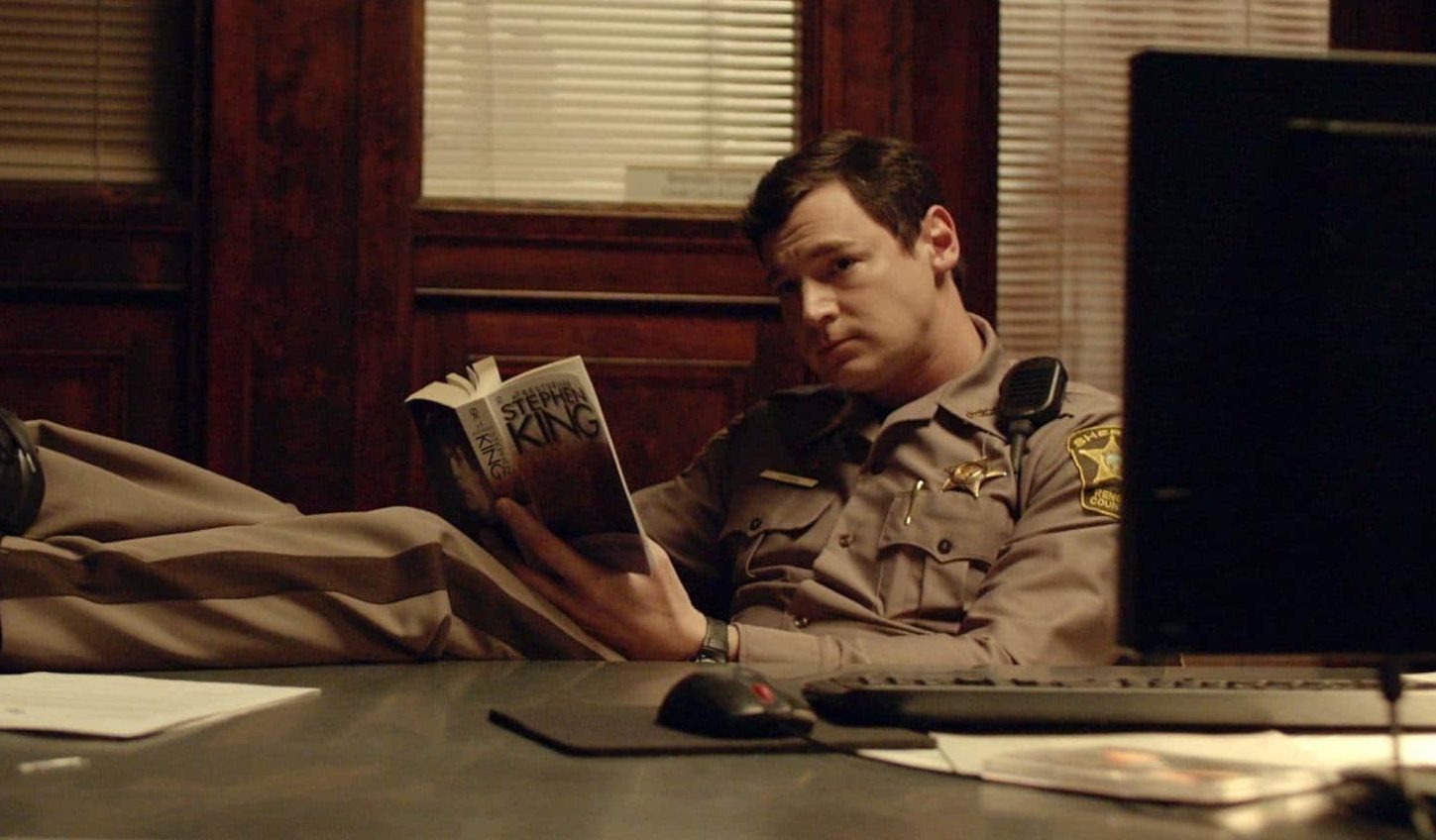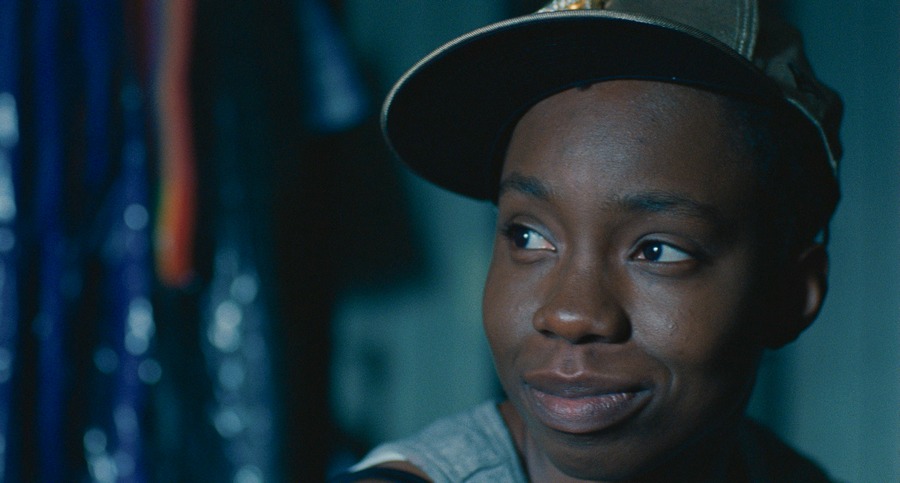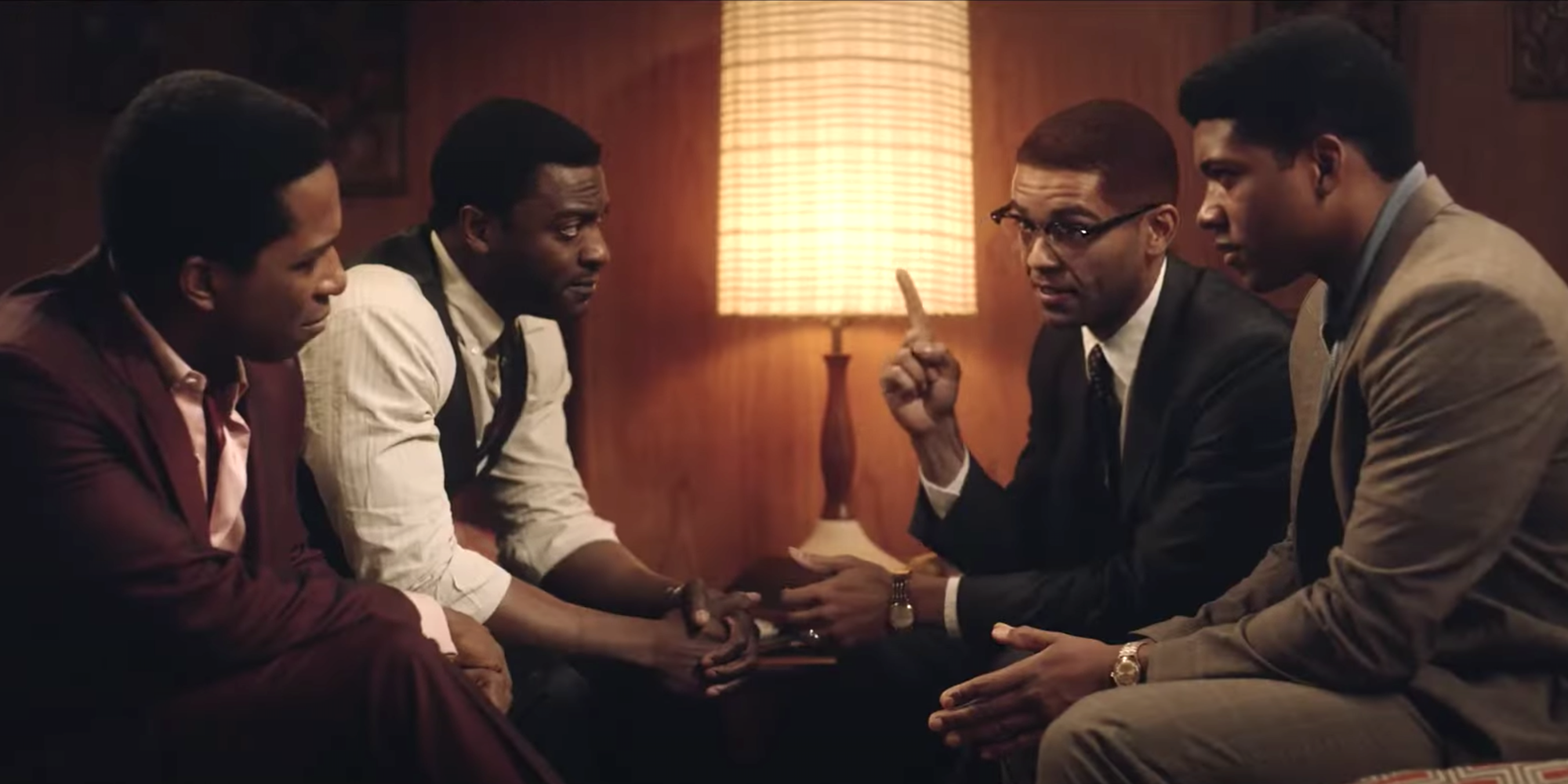I honestly don’t know why the “telling your story backwards” gimmick isn’t used more often. Memento perfected the art, of course, yet this practice lends itself to a lot of films with edgy beginnings and lackluster endings. They all might try this editing coup. For instance, I never jived with the ending to No Country for Old Men; the film kills off Josh Brolin far too early. Imagine if you told No Country for Old Men backwards. Start with the defiant housewife, and –yes- we don’t know exactly how telling her response is until much later. One half-hour in, we introduce Josh Brolin, and, hence, we’re not upset about having lost him so soon. Meanwhile, Chigurh starts going on a tear …one that really won’t finish until the film ends at which point you kinda decipher what it was all about and how significant the initial moment of defiance. Quite honestly, I think it’s a better film, which –considering it already won Best Picture- is not an easy statement to make. That’s just one example; there are certainly others.
Andy (Rainn Wilson) and Zeke (Benjamin Walker) are brothers on opposite sides of the law in a small town. They’re both introduced to us in the opening with Andy –clearly on the lam- hiding out in his own basement while one story above sheriff Zeke is having breakfast with Andy’s family. When Zeke gets a hint that Andy is hanging out in the basement, he descends the staircase weapon-in-hand. Pulling a gun on your own brother? Pulling a gun on your own Rainn Wilson brother? Man, that’s cold. What did he do?
The answer comes shortly enough … there was a bank robbery in which the money and the principals are missing. The two feds on hand, Rob Corddry and Ron Livingston, take no offense at being subjugated in the chain-of-command. In fact, they self-describe as a “D Team,” the kind of team that investigates a small town bank robbery where everybody knows who did it. So this is Zeke’s show, even though his own brother is public enemy #1. Interesting. And then Andy is shot dead at the end if the first segment (essentially the end of the film). Interesting gambit; killing off your biggest name fifteen minutes in. You see, I didn’t realize at first this was a backwards-traveling film.
The death and the small town feel didn’t impress me much at first. What’s the mystery? The money will turn up; it’s obviously under the control of one of the principals. And the film introduces some possible red herrings … or are they? including Steph (Stephanie Sigman) the wife of the heist’s leader, homosexual prostitute Chris (Mark Rendall), and the judge (John Michael Higgins) who orchestrated? Enabled? Financed? Abetted? Heck, that guy was somewhere pulling some strings; I’d bet anything. But where was the leader himself, Ed (Wyatt Russell)? What’s going on here?
I wouldn’t call Shimmer Lake genius, or nearly one-sixteenth of the coup Memento had to offer. However, the film was clever –or clever enough—and for a movie that clearly owes a great to Memento, it reminded only of the latter in gimmick, nothing else. Shimmer Lake had a decent story to tell and told it correctly, assuming that the best surprises were chronologically at the beginning of the film. I cannot say that I’d naturally give more than two seconds of attention to any film that headlines Rainn Wilson, but I did like this one.
Thinking that energy was misspent-o
Was The Office’s Dwight
But the biggest starlight
On making a film like Memento
There once was a director Hell bent-o
Rated TV-MA, 83 Minutes
Director: Oren Uziel
Writer: Oren Uziel
Genre: Rainn Wilson vehicles
Type of being most likely to enjoy this film: Gimmick fiends
Type of being least likely to enjoy this film: The easily addled




